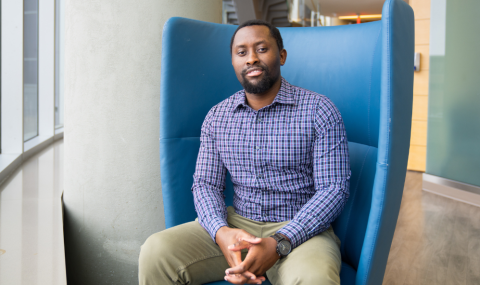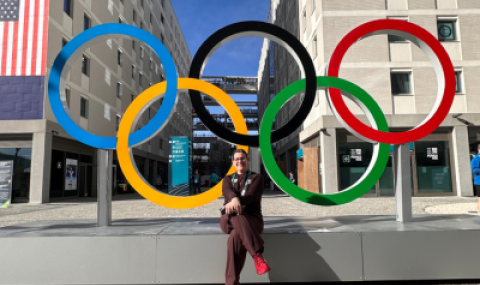Skin rash is common with conditioning regimens that include TBI, busulfan, etoposide, carmustine or thiotepa. Skin rashes are also common with antithymocyte globulin.
Less often, dark spots appear on the skin. This is called hyperpigmentation and tends to occur in folds of skin such as the armpits and groin. These spots usually fade in one-to-three months. More information is found on the BMT Infonet website.


